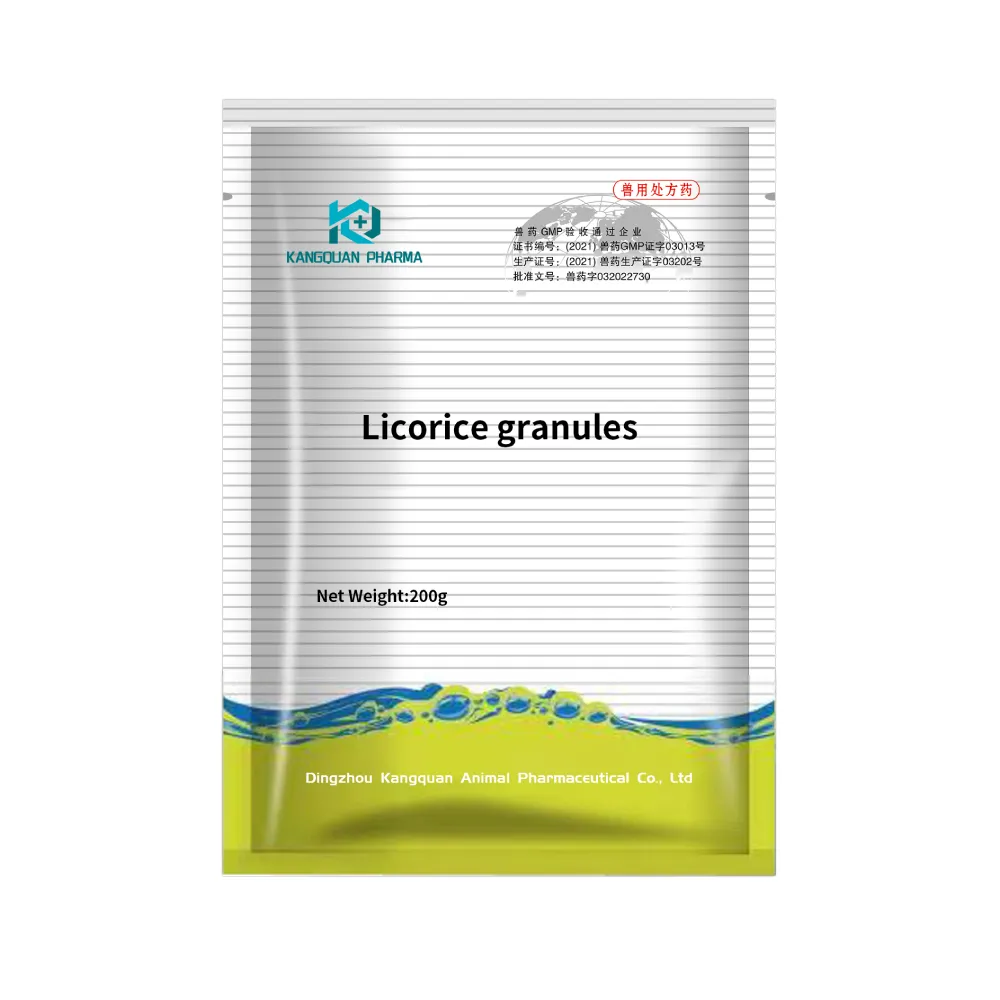- Afrikaans
- Albanian
- Amharic
- Arabic
- Armenian
- Azerbaijani
- Basque
- Belarusian
- Bengali
- Bosnian
- Bulgarian
- Catalan
- Cebuano
- Corsican
- Croatian
- Czech
- Danish
- Dutch
- English
- Esperanto
- Estonian
- Finnish
- French
- Frisian
- Galician
- Georgian
- German
- Greek
- Gujarati
- Haitian Creole
- hausa
- hawaiian
- Hebrew
- Hindi
- Miao
- Hungarian
- Icelandic
- igbo
- Indonesian
- irish
- Italian
- Japanese
- Javanese
- Kannada
- kazakh
- Khmer
- Rwandese
- Korean
- Kurdish
- Kyrgyz
- Lao
- Latin
- Latvian
- Lithuanian
- Luxembourgish
- Macedonian
- Malgashi
- Malay
- Malayalam
- Maltese
- Maori
- Marathi
- Mongolian
- Myanmar
- Nepali
- Norwegian
- Norwegian
- Occitan
- Pashto
- Persian
- Polish
- Portuguese
- Punjabi
- Romanian
- Russian
- Samoan
- Scottish Gaelic
- Serbian
- Sesotho
- Shona
- Sindhi
- Sinhala
- Slovak
- Slovenian
- Somali
- Spanish
- Sundanese
- Swahili
- Swedish
- Tagalog
- Tajik
- Tamil
- Tatar
- Telugu
- Thai
- Turkish
- Turkmen
- Ukrainian
- Urdu
- Uighur
- Uzbek
- Vietnamese
- Welsh
- Bantu
- Yiddish
- Yoruba
- Zulu
11 月 . 01, 2024 08:06 Back to list
Effective Treatments for Sheep Worms and Maintaining Livestock Health
Understanding Sheep Worm Medicine An Essential Guide for Farmers
The welfare and productivity of sheep are heavily influenced by their health, and one of the most significant threats to their well-being is parasitic infections, particularly those caused by gastrointestinal worms. Sheep worm medicine plays a crucial role in managing these parasites, ensuring that flocks remain healthy and productive.
The Importance of Sheep Worm Medicine
Sheep are particularly susceptible to a variety of worms, such as *Haemonchus contortus*, *Teladorsagia circumcincta*, and *Trichostrongylus colubriformis*. These parasites can cause a range of health issues, including anemia, weight loss, and, in severe cases, death. Infected sheep often exhibit signs like poor fleece quality, lethargy, and decreased reproductive performance. For farmers, the economic impact can be significant, leading to reduced productivity and increased veterinary costs.
To combat these issues, sheep worm medicine has been developed and refined over the years. Anthelmintics, commonly known as dewormers, are the primary form of treatment. They are used to eliminate parasites from sheep, thereby improving overall health and productivity. However, the responsible use of these medications is essential to prevent the development of drug-resistant worm strains.
Types of Sheep Worm Medicine
There are several classes of anthelmintics available for sheep. The most commonly used include
1. Benzimidazoles This class includes drugs like fenbendazole and albendazole, effective against a range of gastrointestinal worms.
2. Imidazothiazoles Levamisole falls under this category and is known for its quick action against certain nematodes.
sheep worm medicine

3. Macrocyclic Lactones This group, which includes ivermectin and moxidectin, offers a broad spectrum of activity against various parasites. They also provide some residual effectiveness, limiting reinfestation.
4. Combination Products Some medications combine different classes to maximize effectiveness and delay resistance.
Best Practices for Using Sheep Worm Medicine
1. Regular Monitoring Farmers should regularly monitor their flocks for signs of worm infestations. Fecal egg counts can help determine if treatments are necessary.
2. Strategic Deworming Instead of blanket deworming, farmers should consider targeted treatment based on the parasite burden in their flock. This approach helps reduce resistance development.
3. Rotation of Anthelmintics Rotating between different drug classes can prevent worms from becoming resistant. It’s vital to follow veterinary advice on rotation schedules.
4. Pasture Management Managing grazing practices and rotating pastures can reduce the load of infective larvae in the environment, thus lowering the risk of reinfection.
Conclusion
In conclusion, sheep worm medicine is an essential component of flock management. By understanding the types of medications available and implementing best practices for their use, farmers can ensure the health and productivity of their sheep. Regular monitoring, strategic deworming, and responsible pasture management are critical to keeping parasitic infections at bay and contributing to a sustainable farming operation.
-
The Power of Radix Isatidis Extract for Your Health and Wellness
NewsOct.29,2024
-
Neomycin Sulfate Soluble Powder: A Versatile Solution for Pet Health
NewsOct.29,2024
-
Lincomycin Hydrochloride Soluble Powder – The Essential Solution
NewsOct.29,2024
-
Garamycin Gentamicin Sulfate for Effective Infection Control
NewsOct.29,2024
-
Doxycycline Hyclate Soluble Powder: Your Antibiotic Needs
NewsOct.29,2024
-
Tilmicosin Premix: The Ultimate Solution for Poultry Health
NewsOct.29,2024













